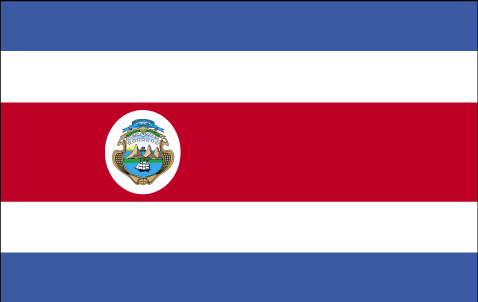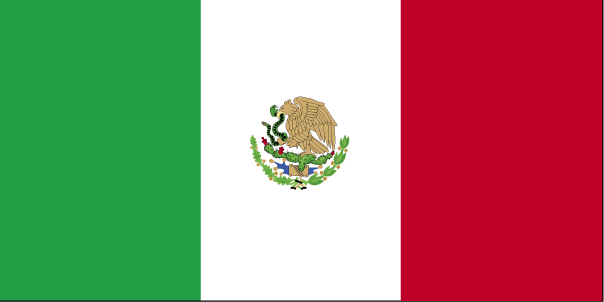Resolution #462
 |
The question of empowering youth in climate activism and the decision-making processes. |
| Committee: The Special Conference on Youth | |
| Main Submitter: Bahamas | |
| Submitted: 15/02/2025 14:56 |
| Status |
|---|
| Passed cosubmitter sheet validation |
| Approved by approval panel |
| Selected for debate by secretariat |
| Failed by committee (The Special Conference on Youth) |
Committee Voting
| For: | 10 |
| Against: | 24 |
| Abstentions: | 3 |
Options
Co-submitters
 | Portugal |
 | Zambia |
 | Somalia |
 | Malta |
 | Bahamas |
 | Qatar |
 | Guyana |
 | Costa Rica |
 | Mexico |
 | Slovenia |
 | Syrian Arab Republic |
 | Bangladesh |
 | Hungary |
 | Malta |
 | South Africa |
Resolution
FORUM: The Special Conference on Youth
QUESTION OF: The question of empowering youth in climate activism and the decision-making processes
SUBMITTED BY: Bahamas
CO-SUBMITTED BY: Portugal, Zambia, Canada, Haiti, Qatar, Guyana, Costa Rica, Mexico, Slovenia, Syria
THE SPECIAL CONFERENCE ON YOUTH,
Recognizing the urgent need for climate action and the role that young people, who will bear the consequences of climate change, must play in shaping global solutions,
Convinced that empowering youth is crucial for building a sustainable future for the world,
Affirming the use of already existing appropriate and relevant programs operations and orchestrated operations at all levels towards Empowering young people in climate action and decision-making advancement,
Deeply concerned by the fact that climate change and environmental disasters have a devastating impact on approximately 10 million children every year and the fact that children don't have access to food, education, and healthcare because of climate change,
1. Calls for the help of the United Nations International Children's Emergency Fund (UNICEF) to provide access to education on the climate by:
a. equipping schools with resources to improve the understanding of the youth about climate change and its effects
b. accommodating educational materials to educate the students about how to respond to environmental needs during the global warming era
c. building schools in areas with limited education to bring equality by educating the youth and helping them access the training they need
d. teacher training and support to improve the capacity of the trainers to meet the needs of the students during these changing times
e. addressing poverty and financial barriers to tackle the inequalities caused by the effects of climate change;
2. Urges the World Health Organization (WHO) to provide help to the most vulnerable areas to ensure safe access to healthcare in disasters caused by climate change by:
a. nutrition support and malnutrition prevention, which is a natural result of global warming
b. health system strengthening to mitigate climate change's negative side effects on people's health, such as respiratory problems
c. gathering information and data to monitor the situation and be ready to interfere when it's necessary
d. training the healthcare force to be prepared for the emergencies caused by climate change and mitigating the effects;
3. Encourages the creation of the International Youth-Climate Initiative (IYCI) to help young voices to be heard through the means of:
a. recruiting young people from around the world from diverse backgrounds
b. gathering the young people together so that they can exchange ideas
c. hosting monthly meetings involving the selected youth as well as UN officials go to allow the young people’s ideas to be acknowledged formally;
4. Invites the world to cope with climate change by using its technical expertise to respond to the countries in need to:
a. contribute to the system that youths will live in by:
i. providing financial assistance to development projects in countries that require implementing the necessary infrastructure to deal with the effects of climate change floods and fires
ii. ensuring technical expertise and knowledge to the governmental bodies through policy advice and research to help them create their strategy against global warming
b. supporting sustainable projects for the environment, such as renewable energy and sustainable agriculture;
5. Calls upon governments that need to get young people into Conference of the Parties (COP) summits and other major climate negotiations, talking about with the states addresses domestic Laws towards youth in mind to:
a. establish formal youth participation frameworks, including:
i. reserving a proportion of national delegations for young representatives at the COP and other climate change conferences
ii. establishing youth advisory boards in environmental ministries to offer policy guidance
iii. institutionalizing procedures for youth mentoring to create national climate action plans and international commitments
b. provide availability and capacity building for youth representatives by:
i. providing financial assistance, travel grants, and scholarships to youth representatives from underrepresented and climate-vulnerable countries
ii. capacity-building workshops and online training to equip youth delegates with climate policy, diplomacy, and negotiation skills
iii. partner with schools, NGOs, and international groups to provide mentoring and youth leadership development for young climate leaders.